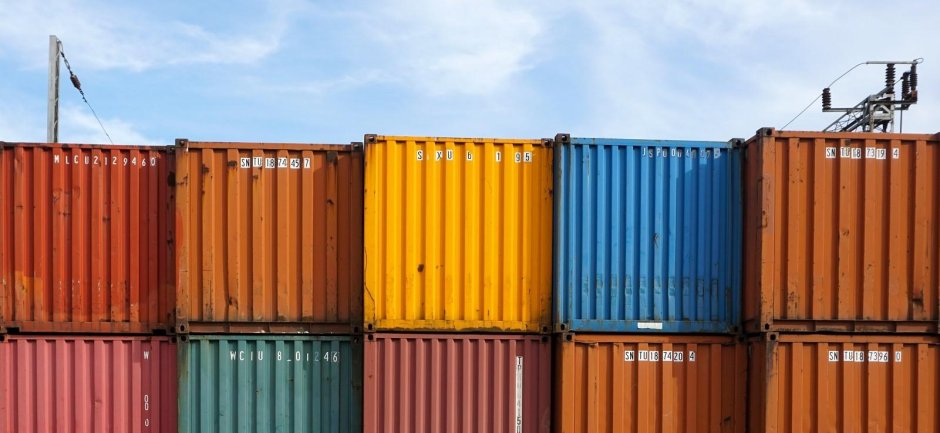Global sanctions developments

There have been recent developments on the US sanctions against Cuba, Russia and Iran. In addition, various Arab nations recently imposed a boycott on Qatar. Please find set out below an update.
Cuba sanctions
On June 16, 2017, US President Trump announced changes to the Cuba sanctions program reversing some key provisions implemented by his predecessor Obama to ease diplomatic and business restraints. The announced changes inter alia relate to travel restrictions and a prohibition of transactions with certain entities related to the Cuban government. The policy changes will not take effect until new regulations have been issued. This process may take several months.
Possible expansion US sanctions against Russia and Iran
Recently, the US Senate approved legislation paving the way for further sanctions against Russia due to its alleged involvement in the 2016 US Presidential elections and its involvement in the Ukraine conflict. This proposed legislation should limit the President’s authority to lift the sanctions and allows for additional sanctions targeting Russia’s mining, metals, shipping, and railway industries. These sanctions would therefore expand to cover additional business sectors than the current sanctions, which mainly relate to the energy and financial sector.
This legislation still needs to be passed by US Congress in order to become effective. If it is, this could have considerable impact for US companies, as well as for EU companies with a US nexus doing business with Russia in the targeted sectors. Additionally, it cannot be precluded that the EU will follow the US example and impose similar sanctions.
Finally, the proposed legislation provides for expanded sanctions against Iran relating to its ballistic missile program. The measure would also apply sanctions to Iran’s Revolutionary Guards and enforces an arms embargo. In this respect it should be noted that the US primary sanctions against Iran are still in full force.
Qatar boycott
Nine countries, including the Arab nations of Saudi Arabia, the United Arab Emirates (UAE), Egypt, Bahrain and Yemen, recently imposed sanctions on Qatar, accusing it of destabilizing the region by supporting extremist groups. These sanctions have resulted in a far-reaching boycott of Qatar.
As part of this boycott, the abovementioned countries have terminated all diplomatic and consular ties with Qatar. Additionally, they have ended all land, sea and air contact with the country. As a result, many EU companies face challenges due to the fact that much EU – Qatar trade goes via hubs in the region, for example via the ports of the UAE. As a consequence of the current sanctions, it is no longer possible to use these ‘normal’ shipping routes to Qatar. Alternative shipping routes, for example via Oman, could therefore be considered. In this respect it should, however, be noted that the current situation in the region is highly insecure and fragile. It is therefore very difficult to predict what the next moves of the various parties involved will be and whether other countries in the region (e.g. Oman) will impose similar sanctions.
In addition, companies should be aware that the countries imposing sanctions have made clear in directives that any sympathy towards or direct interaction between individual citizens or companies with Qatar will result in criminal charges. EU companies with business operations directed towards Qatar should closely review the involvement of local branches/entities in the countries imposing sanctions. Furthermore, the rerouting of shipments via other countries, such as Oman, should be closely scrutinized from a circumvention point of view.
As a final note, it should be stressed that this is an ongoing issue and that the situation is changing every day. The latest status is that the countries imposing sanctions have given Qatar a 13 point demand list to end the blockade. This list, which inter alia includes the shutdown of Al-Jazeera news channel and its affiliate stations, is currently being reviewed by Qatar.
Questions?
We have specialists dedicated to national and international export controls and sanctions, ensuring that we are well placed to help understand local and global operating requirements and answer any questions you may have in this respect.
Meijburg & Co Contact Information
For additional information on our Trade and Customs Practice and its Export Control & Sanctions Services, please contact your local Meijburg & Co advisor or go to our website.